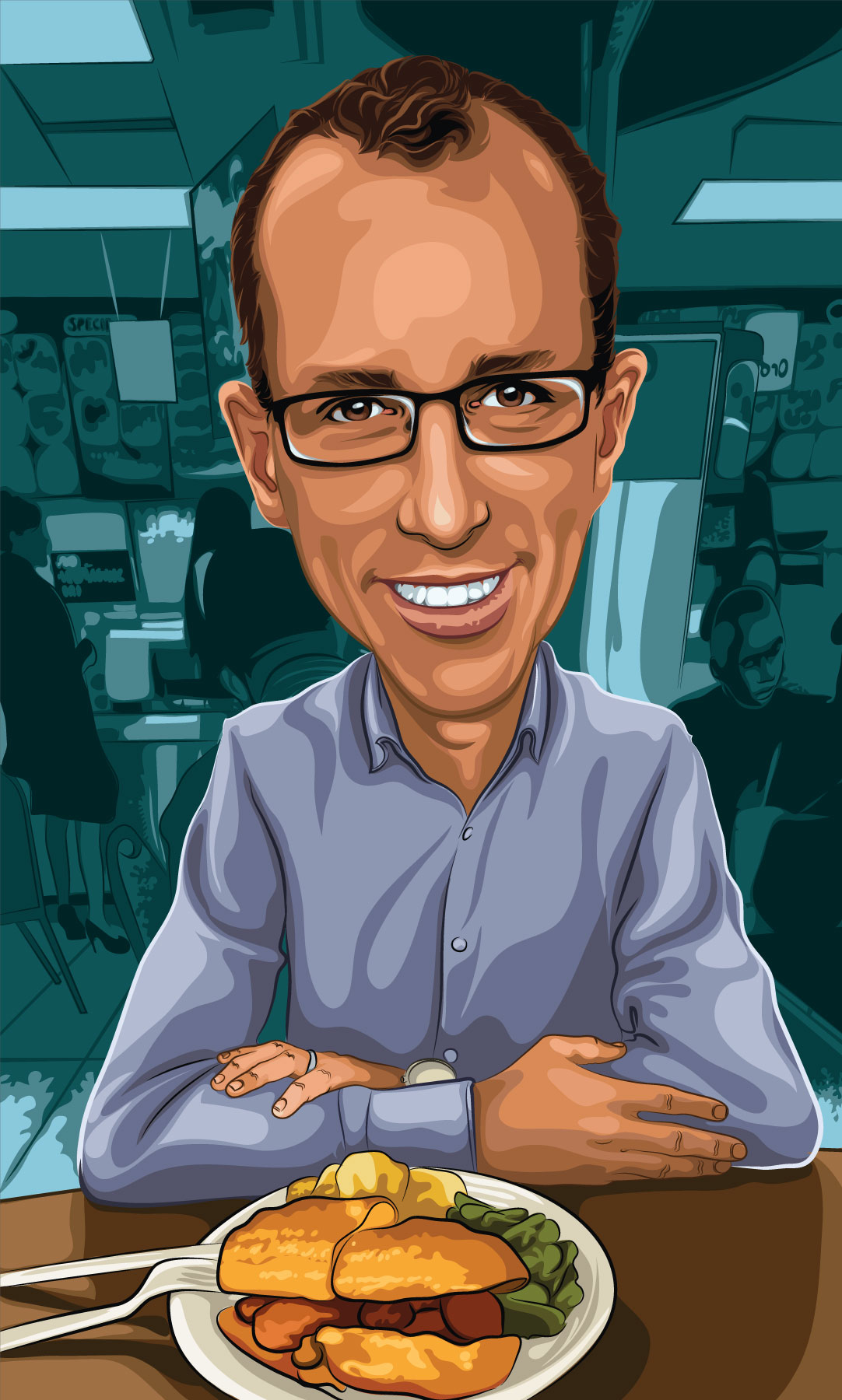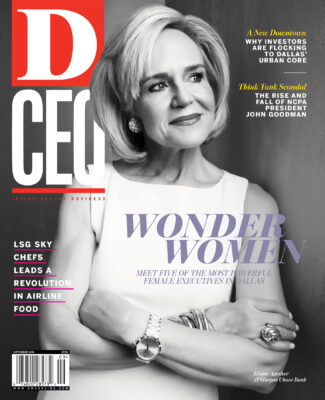It’s not often that the head of a global marketing firm has to explain that what his company does is completely different from what the National Security Agency does. But that’s the strange situation Bryan Kennedy has been in recently. He’s been the man out front—responding to a congressional inquiry, penning an op-ed in The Washington Post, appearing on 60 Minutes—trying to fend off potential regulation and help shape his industry’s image. It’s one of the reasons Kennedy agreed to have lunch with me, to answer questions about whether Epsilon and other data-based marketing companies are violating the privacy of the American public.
He suggested Hobbi’s, a barbecue joint tucked into a strip mall not far from his company’s headquarters in Irving. It’s the kind of place Frank Underwood might like in the Netflix series House of Cards. Kennedy orders a sausage and brisket po’boy with green beans, potato salad, and a small cup of sauce on the side, and slips a five-dollar bill to the man making his sandwich.
From the start Kennedy wants me to know: The use of data to drive marketing has been around for a long time. At this point, customers expect some degree of personalized interactions. Facebook users should be used to customized ads, for example. He says that because the industry generally works behind the scenes, with big corporate clients, politicians have an easy target.
Although privacy advocates worry about the power these companies possess, the vast majority of the public never complains.
“Think about what’s required today for a major brand to have a choreographed marketing practice,” he tells me. “I am not just running email campaigns, dropping ads in a magazine, putting some on TV, putting a piece of mail in your mailbox, buying display ads on the web. I am actually trying to use data so that wherever my customers are, I have got a chance to talk to them.” It’s precision marketing.
But it also means that if you search for something in your browser, you might see ads related to that search on other websites. And it means that yes, these companies do sort of have a file on you. Kennedy calls it “a whole string of data attributes that are ultimately tied to the individual.”
The companies Epsilon works with, which include the top banks, retailers, and car manufacturers in the country, cherish their customer relationships, Kennedy says, and are simply looking for a way to make a more engaging connection with those consumers.
The largest company of its kind, with 5,000 employees and 60 offices around the world, Epsilon spends a lot of time and money securing its data. And on the rare occasion there’s a breach, like the one Target and a few other retailers experienced a few months ago, Kennedy says it “feels like the end of the world.”
Interestingly, although privacy advocates worry about the power these companies possess, the vast majority of the public never complains. The only information in question is either already public information (the value of the houses in your neighborhood, for instance), or something you’ve given permission for, generally by checking a user’s agreement. In fact, people readily hand over personal information or opt-in in exchange for discounts. But the public apathy hasn’t quelled the industry’s fear of regulation, which Kennedy says could cripple the economy.
“Obviously that would be bad for our clients who are major businesses,” Kennedy says. “What’s bad for them is bad for the economy as a whole.” So he’s trying to shape the narrative before it’s too late.
Kennedy is a personable guy, the son of missionaries, the kind of leader who doesn’t like email and doesn’t mind putting his phone in another room at night. He makes a great spokesperson. But it’s hard to educate the public about a subject so dry. And after a year of revelations about the NSA, it’s hard not to be cynical about brokers of data.
“There’s a great irony here,” Kennedy says. “Politicians excuse themselves and their practices from anything that they would recommend from a regulatory perspective.”







